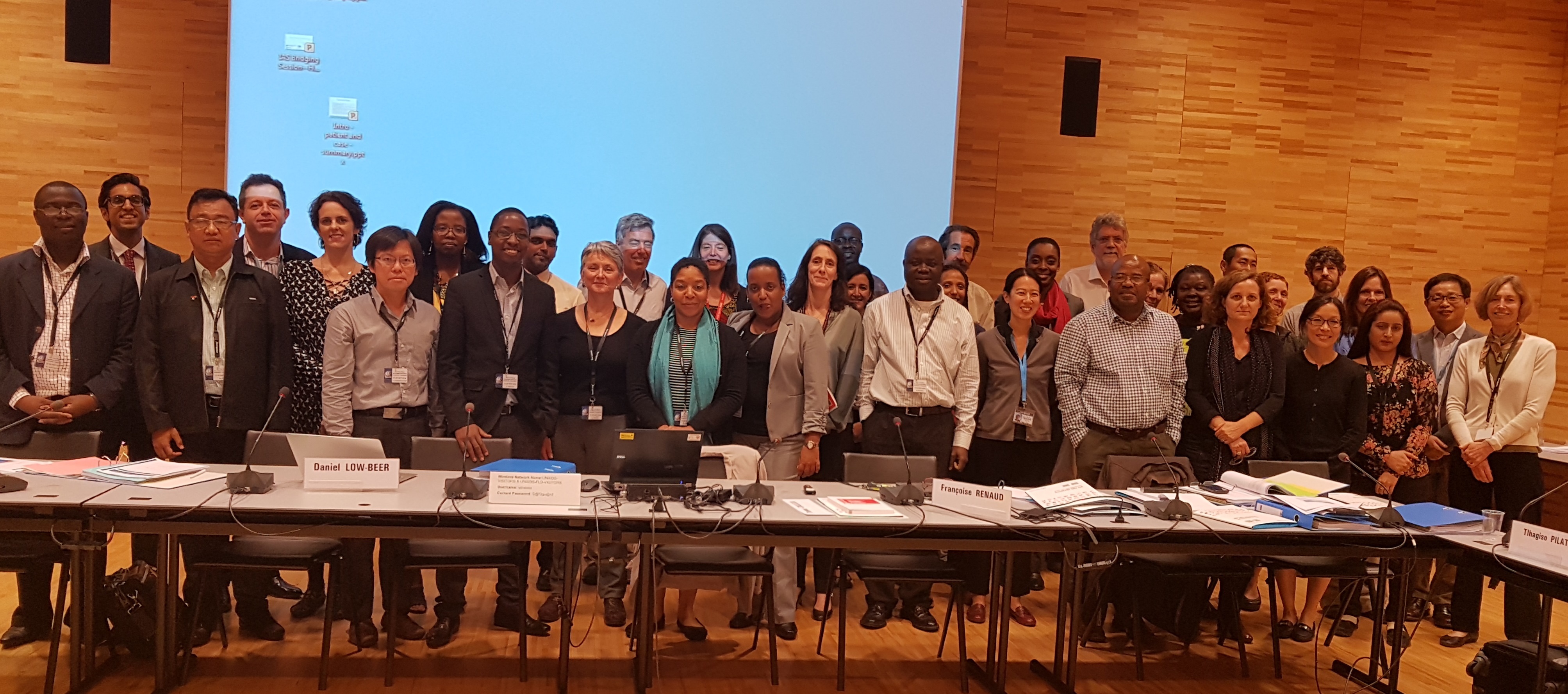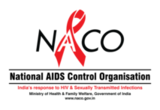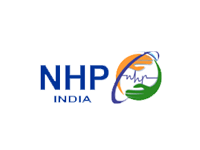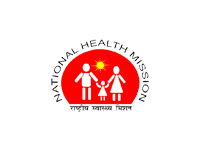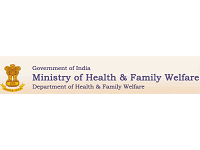HIV Case Based Surveillance and Patient Monitoring System Consultation Geneva, Switzerland, 27 to 29 September 2016
The aim of this consultation was to build consensus on the guidelines of HIV Case Based Surveillance (CBS) and Patient Monitoring System (PMS). The purpose of the guidelines is to consolidate HIV patient monitoring and case reporting systems along the continuum of care/cascade for HIV, and also to update all operational tools like patients cards, ART registers, reporting template.
The guidelines provide in one place the basis for HIV testing, HIV/TB, HIV case reporting/surveillance data and patient records for ART, PMTCT, and links to maternal and child health and HIV/TB services. The guide describes how these data are aggregated to create an integrated program database, in electronic and paper based systems. Finally, it provides practical guidance on data quality and how to implement patient & case reporting data system in countries.
The consultation included representatives from several countries like Botswana, Brazil, Haiti, Malawi, Myanmar, Tanzania, Thailand, Zambia, Zimbabwe and India. From India, Dr Bhavna Sangal, Technical Officer (Surveillance) attended the meeting. Also Surveillance, Monitoring & Evaluation and Patient Monitoring Experts from CDC, WHO and UNAIDS attended the meeting. The meeting was quite exhaustive with the presentation from WHO HQ experts on their expectations from the meeting followed by group work where experts from countries and partners came together to critically review the guidelines and gave feedback for further improvements.
The final recommendation from meeting included half page country example in each chapter of implementation at different stages from different countries including India. Also on re-emphasis by India, indicators from key population were recommended to be made part of the routine data form. The details about the final outcome of the meeting will be released next week. This meeting will be followed by detailed meeting in Croatia, which will be a four day consultation from 11-14 October 2016. The guidelines will be prepared by end of the year and released by first quarter of 2017.
